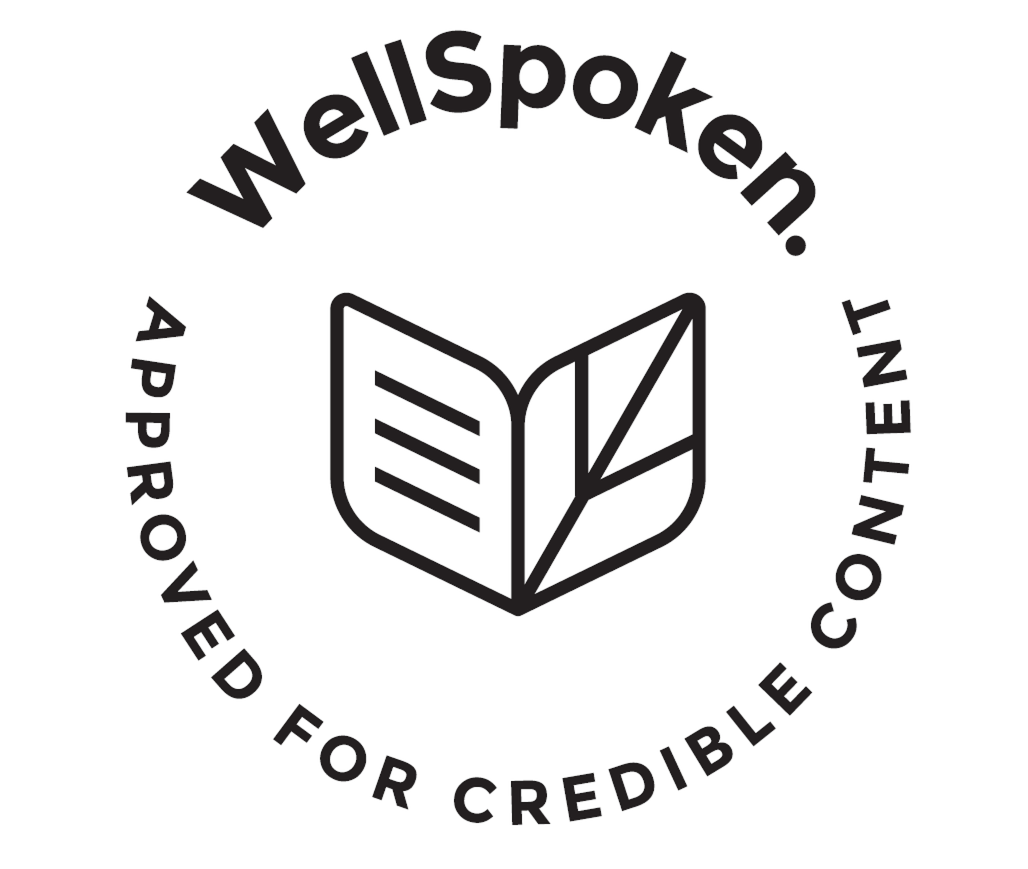Coronavirus and Managing your Mind
At Positive, we have been exploring how we should approach the challenge of coronavirus, and the anxieties it may prompt in ourselves.
Anxiety
The threat of a new virus is highly efficient at creating anxiety because it induces uncertainty, together with a sense of lack of control. Not only does it activate many of the most potent fears of our species, for the safety and security of ourselves and our loved ones, but it also has wider implications for our social networks, job security, community, and travel and financial markets. It has tentacles deep into a wide range of core human priorities.
Humans have evolved to focus on threats in our environment. As a species, we can’t tear ourselves away from potential dangers, be they real or imagined. This focus is normal and adaptive in the face of genuine threats. We know a certain amount of stress can help to drive optimal performance. Coronavirus is a real concern, and an appropriate and realistic level of anxiety can help to prompt good behaviours, such as handwashing and where necessary, containment.
But there is a risk that our human bias towards negativity and our focus on threats can tip our anxiety into the realm of unhelpful thinking. Whether we are feeling anxious, sad, or hopeful, our mood state will influence what we pay attention to and how we process information, altering the lens through which we see the world. Each time we refresh the news of rising levels of infection, or discuss the challenges with colleagues, the virus becomes more salient in our minds, the risks weigh more heavily in our thoughts and our perception of the actual threat is magnified. This can cause unhelpful rumination, compounding the problem, and leading to spirals of uncomfortable anxiety. Our stress and anxiety can therefore have a negative impact on our ability to respond, and actually make the situation worse.
And our emotional state is leaky. Our concerns and fears can fuel anxiety in others, not least in our colleagues, friends and family members. Anxiety can induce a herd mentality; when in a threat state we are more likely to conform in our thinking and behaviours. Co-rumination can exacerbate our fears, and lead to unhelpful echo chambers, group think, and maladaptive behaviours such as extreme stockpiling.
In our view the antidote is for organisations to support their staff to improve their tolerance of uncertainty, thereby enhancing their ability to respond to isolation and uncertainty in a calm, proactive and positive manner. While we are programmed to fear uncertainty, our minds are highly flexible and adaptive, and with the right knowledge and tools we can learn to manage our minds in a healthy, adaptive and sustainable way.
How do we respond in a healthy way?
It is important to manage how we think, feel and behave in a solution focussed way. Although coping with uncertainty can be difficult, there are always things we can do. We can all utilise tools and techniques to take a step back and gain a more balanced view of the situation. Importantly, the approach we take can have an extraordinary impact on our children, friends and colleagues, who are looking for guidance as to an appropriate response to such an unprecedented situation. We can help by managing our own anxiety, modelling good behaviours and adopting a narrative that promotes a calm, positive, proactive response.
The four ‘C’s provide a fantastic foundation on which to construct a psychologically informed approach.
Communication
- Normalise anxiety around coronavirus by maintaining an open dialogue. It is a difficult time, and many people will have loved ones who are vulnerable to the virus. It is not helpful to be blasé about genuine concerns, but equally it is important to talk to our colleagues, family members and children in ways that do not contain unhelpful levels of anxiety, mitigate catastrophic thinking and encourage sensible, solution-focused actions.
- Provide others with the opportunity to explore their fears and worries about the virus. They will inevitably be speaking to others who might not be tolerant of uncertainty and seeing information online, so help them distinguish fact from fiction, and address concerns in a realistic way. Facilitating an open and honest discussion can help to avoid unhelpful co-rumination.
Control
- A significant element of anxiety is a sense of lack of control. This is particularly true when we are facing an invisible predator such as COVID-19. But in fact, a number of elements are within our control, how we communicate, what we pay attention to, who we stay connected with, what we fill our time with. We can manage uncertainty better by focusing on the things that we can influence, building our locus of control and stopping negative cycles of worry. In particular, what we use our mind for matters. We can make a deliberate choice to think clearly and rationally and act sensibly and responsibly.
- We can bolster a sense of control by following protective healthy behaviours and encouraging others to do the same. This includes hand washing, but also maintaining a healthy diet and getting enough sleep. Getting sufficient sleep is one of the best ways we can improve our immunity and defend against viruses and disease. Research has shown that poor sleep was the most important factor in determining whether someone would get ill after exposure to the cold virus, and was more influential than age, race, income, stress level and even habits like smoking.
- You may also want to manage both your own exposure to news, which can exacerbate anxieties, and to consider what information your loved ones are absorbing online and elsewhere. Limiting discussions to facts rather than speculation and relying on scientific sources for information can help to maintain perspective and manage feelings positively. Young people are more likely to be trusting social media for information, so this may be a good opportunity to discuss the reliability of online sources, helping young people to build their critical skills.
Cognitive Style (Check your mindset)
- While it’s vital to acknowledge the current challenges, it’s also important not to lose sight of the ongoing positive aspects of life. A focus on friendships, achievements and a positive long-term future can help.
- Consider past examples where you or your family have displayed coping skills. Using visualisation to remember or imagine ourselves coping increases feelings of agency and hope, enabling us to plan and strategize how to deal with the challenges posed.
Connections
- Other people play a highly instrumental role in improving our resilience and shaping how we respond in the face of threat.
- While times of crises often lead to extreme behaviour, in many cases this behaviour is pro-social. There are always striking examples of personal sacrifices, solidarity, and compassion. Indeed, the root of the word compassion is to suffer together.
- Encourage your network to be kind and supportive to each other, as well as thinking who you in turn could support. Altruistic behaviour can have positive effects on our own mood, as well as helping others. Experiencing a threat situation can mean that people orient to existing traditions and become less trusting of people who are different. The outcome can be more prejudice and more discrimination against racial, national, sexual, and religious minorities. But research has shown that when we identify with our common humanity and show compassion, we are more likely to co-operate to solve complex problems. Spend time deliberately cultivating compassionate thoughts by considering the needs of others, particularly people who are not your family, friends, or ingroup.
The Positive Group have developed a toolkit for coping with coronavirus uncertainty. Many leaders and organisations are struggling to proactively manage heightened levels of uncertainty and anxiety surrounding coronavirus. This short online programme, designed to help manage their stress and anxiety, and enable their organisation to respond proactively, calmly and positively in the face of threat, is available online and can be found here: https://www.positivegroup.org/wp-content/uploads/2020/03/managing-your-mind.pdf
About the Author: Toby Clyde-Smith, BSc, MBPsS
Toby is a Programme Director for The Positive Group with a fascination for how to embed healthy human behaviours within schools, universities and businesses. He is particularly driven by how individuals and teams can effectively recover, connect, adapt and learn.
Toby’s interest in human psychology began when he suffered three significant injuries as a young professional rugby player. These injuries left him incapacitated for the best part of four years, needing to psychologically recover and rebuild. It was during this time he began to develop an understanding of the variables that nourish or deplete the human spirit. Although the injuries forced his early retirement from sport, he left keen to take what he knew to the workplace.
Toby spent the next seven years working in financial services, where he noticed a stark similarity between the world of work and rugby: while they both took physical recovery extremely seriously, allowing people the time and space to repair broken bones and ligaments, there was a lack of focus on fostering psychological resilience. Determined to address this disparity, Toby retrained in psychology and joined Positive in 2017.
At Positive Toby has spent the last three years working on international speaking opportunities and developing cutting edge psychological programmes for our clients. In his spare time he is a mentor and coach for young offenders and an ambassador for Combat Stress, for whom he recently completed an unsupported cycle across Africa.
If you would like to contact Toby directly please feel free to reach out to him at [email protected]


.png)
.png)
.png)
.png)
.png)

.png)

.png)
.png)
